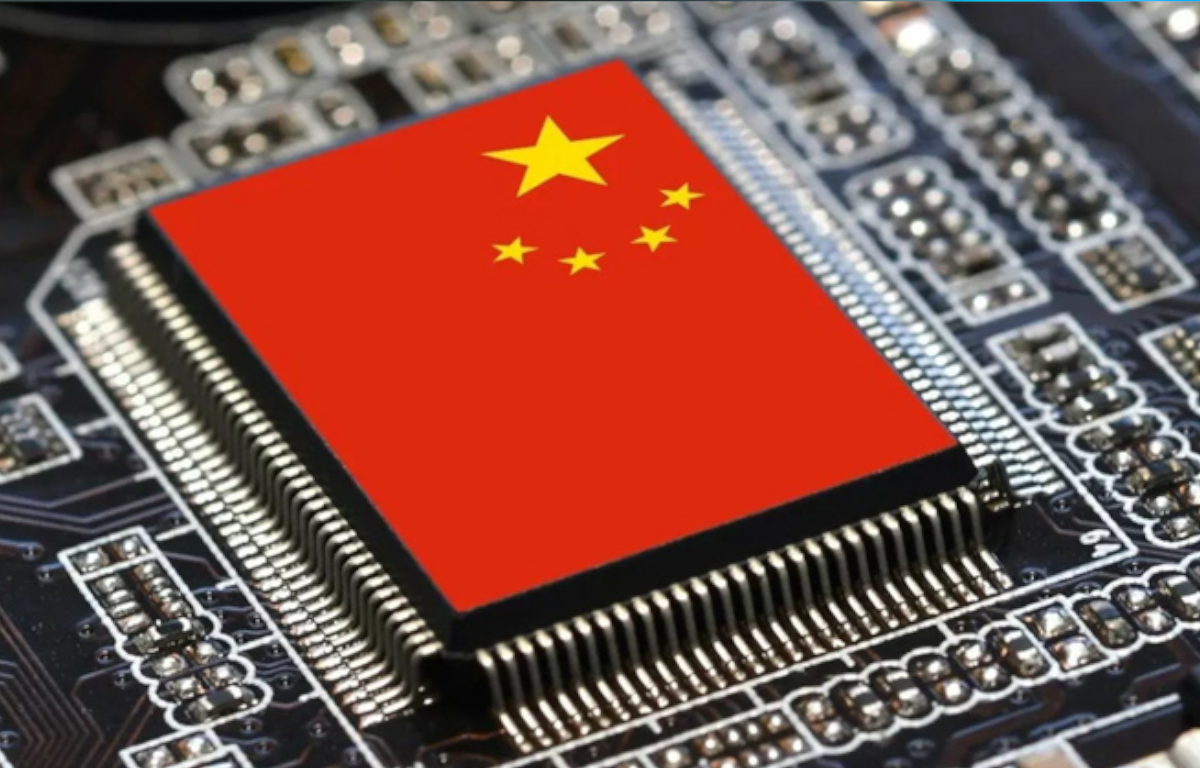
However, recent developments indicate a shift in strategy as Europe takes steps to reduce its dependency on China in the semiconductor sector. This move reflects broader geopolitical considerations and the quest for technological autonomy.
Europe’s prowess in chip research has been gaining attention, with initiatives like the European Processor Initiative (EPI) leading the charge. The EPI aims to develop low-power processors for various applications, including high-performance computing and artificial intelligence. These efforts have positioned Europe as a key player in semiconductor innovation, challenging the dominance of Asian giants like China.
The decision to cut ties with China in the semiconductor realm is multifaceted. One primary concern is the risk of intellectual property theft and technology transfer. By limiting collaboration with Chinese entities, Europe aims to safeguard its technological know-how and prevent unauthorized use of its intellectual property.
Moreover, geopolitical tensions and security considerations play a crucial role in this decision. With growing concerns about cybersecurity threats and espionage, European countries are reassessing their partnerships and collaborations in critical sectors like semiconductors. By reducing reliance on Chinese partnerships, Europe aims to mitigate potential risks to its technological infrastructure and national security.
Another factor driving this shift is the desire for technological autonomy. Europe seeks to enhance its self-reliance in semiconductor production and reduce its dependence on external suppliers, particularly those from geopolitical rivals. This move aligns with broader strategies aimed at bolstering Europe’s strategic autonomy and resilience in key technological domains.
Furthermore, the global semiconductor supply chain disruptions, exacerbated by factors like the COVID-19 pandemic and geopolitical tensions, have highlighted the importance of diversification and resilience. European policymakers and industry leaders recognize the need to build robust and resilient supply chains that are less susceptible to disruptions and geopolitical pressures.
While reducing ties with China in the semiconductor sector presents challenges, it also opens opportunities for collaboration and innovation within Europe and with like-minded partners globally. Initiatives such as the European Battery Alliance and the European Digital Innovation Hubs demonstrate Europe’s commitment to fostering domestic innovation and collaboration while maintaining strategic autonomy.










Share this: